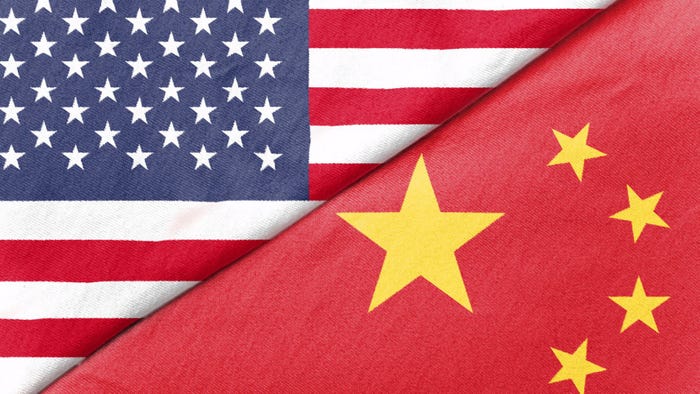EU's Open Letter: Global Momentum Building Against ChatGPT
France is latest nation to announce investigation of ChatGPT

At a Glance
- MEPs, including the EU AI Act’s co-rapporteur, are calling for tougher rules on AI, in an open letter they signed.
- ChatGPT is the subject of a new EU investigative task force.
- France is the latest nation to announce an investigation into ChatGPT.
AI is under fire in Europe as lawmakers call for increased regulation and scrutiny beyond the bloc’s prospective AI Act.
In an open letter, several members of the European Parliament (MEPs) called for the EU to help craft guardrails on the development of AI tools. It also called on President Biden and European Commission President Ursula von der Leyen to assemble a global summit on AI to decide preliminary governing principles for AI.
The group also urged private companies developing AI to “significantly increase transparency towards and dialogue with regulators.”
The letter echoes the concerns of another open letter, signed by the likes of Elon Musk, which called for a temporary global pause on AI development due to safety concerns.
“We share some of the concerns expressed in this letter, even while we disagree with some of its more alarmist statements,” the MEPs wrote.
Among the signatories are Dragoș Tudorache, Romanian MEP and AI Act co-rapporteur, and Axel Voss, shadow rapporteur on the AI Act and one of the leading lawmakers campaigning for loosening proposed restrictions on remote biometric identification systems, another issue bogging the bill down in debate.
“AI is moving very fast and we need to move too,” tweeted Tudorache.
The lawmakers wrote that the EU AI Act lacks rules on the development and deployment of what it describes as “powerful General Purpose AI systems that can be easily adapted to a multitude of purposes.”
The group promised to introduce a set of rules within the AI Act to ensure AI development is “human-centric, safe, and trustworthy.” Signatories added that “the development of very powerful artificial intelligence demonstrates the need for attention and careful consideration. Together, we can steer history in the right direction.”
The EU AI Act is still to be passed. It has already been approved by the Council of the European Union, which adopted its common position, or general approach, back in December.
In January, a parliamentary assistant leading negotiations on AI at the technical level said the bill would be agreed upon by March, but no word has arisen. Lawmakers are reportedly wrangling over specific provisions, including the use of AI tools to detect illegal content online.
The proposed text, seen by EURACTIV, is meant to rule out any AI-powered tool to detect suspected illegal content, as the ones required under the EU proposal to fight Child Sexual Abuse Material.
A vote is expected towards the end of April but could be pushed back further due to delays.
EU Task Force to Investigate OpenAI’s ChatGPT
Adding to the furor over AI in Europe is that EU data protection authorities have set up a task force dedicated to investigating OpenAI’s ChatGPT amid ongoing concerns the application breaches privacy rules.
The European Data Protection Board (EDPB)’s ChatGPT task force will be taxed with exchanging information on ongoing enforcement actions conducted by local data protection authorities.
The group was set up by the EDPB in response to actions by Italian authorities to ban ChatGPT over privacy concerns.
The EDPB says it hopes the task force will “foster cooperation” on actions against the growing number of generative AI applications, as the likes of Google, Snapchat, Salesforce, Baidu and potentially Twitter have joined the growing space following ChatGPT’s launch last November.
OpenAI, which is based in New York, has not set up local offices in any of the 27 EU member states, meaning local data protection authorities have the right to investigate the company and potentially enforce bans.
The application, which became the fastest-growing online platform in history, has faced increased scrutiny of late.
The most recent nation to probe ChatGPT is France, following Italy, Canada, the U.S., China and the U.K.
The French privacy watchdog is reportedly investigating several complaints filed against the application, including one from lower house lawmaker Éric Botheral. The country’s digital minister Jean-Noël Barrot said in a recent interview with La Tribune that ChatGPT does not respect privacy laws. However, he was against banning the application outright.
Read more about:
ChatGPT / Generative AIAbout the Author(s)
You May Also Like





.jpg?width=300&auto=webp&quality=80&disable=upscale)
.jpg?width=300&auto=webp&quality=80&disable=upscale)
.jpg?width=300&auto=webp&quality=80&disable=upscale)

.jpg?width=300&auto=webp&quality=80&disable=upscale)